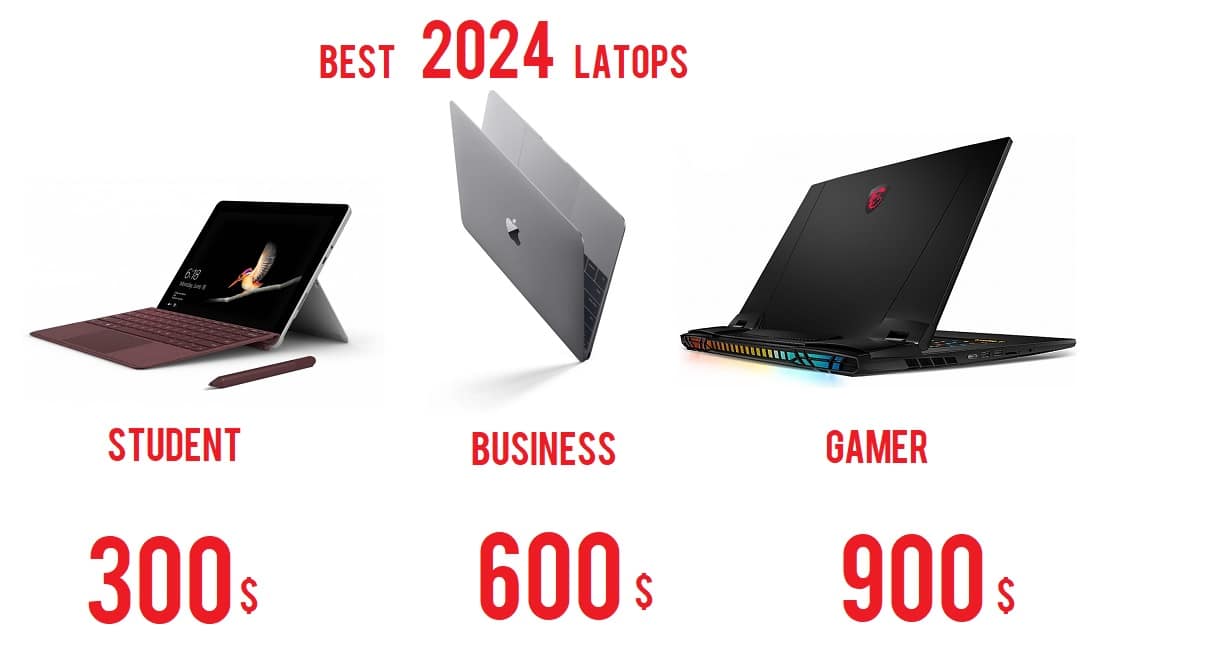Key Takeaways
- Avoid budget laptops: Sub-$200 laptops from major retailers like Walmart, Amazon, AliExpress, Best Buy, and Target are virtually unusable.
- Performance issues: Most cheap laptops struggle with basic tasks like browsing and word processing.
- Consider alternatives: Save up for a slightly more expensive laptop, buy secondhand, or consider a tablet or Chromebook.
The Shopping Experience: Disappointment from the Start
Shopping for the cheapest laptops from major retailers was an adventure we wouldn’t wish on anyone. Filtering out Chromebooks, we quickly realized the available options were shockingly poor. Common issues included insufficient memory and storage, making it impossible to run modern programs effectively.
The Culprits: Specs Too Low for Basic Use
- Memory and Storage: Most budget laptops came with only 2GB of RAM and 32GB of storage. Windows 11 requires a minimum of 4GB of RAM and 64GB of storage.
- Misleading Listings: Many listings on sites like Amazon are powered by fake reviews. For instance, the Tzi laptop had a 3.1-star rating but was unusable according to most reviews.
A Warning About Private Labeling
Many budget laptops are the same low-quality product with different brand names. This practice is driven by e-commerce strategies that prioritize profit over quality, leading to a flood of cheap, poorly-made laptops.
The Laptops We Tested
To ensure these laptops could be somewhat useful, we set our minimum criteria to 4GB of RAM, 64GB of storage, and a full version of Windows, all under $200. Here’s what we ended up with:
| Retailer | Laptop | Price |
|---|---|---|
| Walmart | Dell Latitude E6420 | $159 |
| Target | Hyundai Highbook | $139 |
| AliExpress | Ado Leobook 13 | $169 |
| Amazon | Lenovo Ideapad 3 | $169 |
We planned to buy from Best Buy, but the cheapest option was an already-reviewed Ideapad 1, so we skipped it.
Unboxing: From Bad to Worse
The excitement quickly turned to dismay. The Dell Latitude from Walmart reeked of cigarette smoke and was filthy, despite being listed as new. The Ideapad 3 from Amazon didn’t sit flush on the desk and came with Windows 10 S mode, which needed to be upgraded to be usable.
Testing: An Exercise in Frustration
The Dell Latitude, despite its age, was the fastest, but that’s not saying much. It scored a pitiful 1,879 on Geekbench’s multi-core test. The other laptops, with newer but still inadequate processors, performed even worse.
Performance Summary
- Dell Latitude: Decade-old i5 processor, slow due to mechanical hard drive.
- Other Laptops: Slow Intel Pentium and Celeron processors from 4-8 years ago.
- Real-World Use: Struggled with basic tasks. The Leobook took 30 minutes to complete a Geekbench test, and none could play a YouTube video at 480p smoothly.
Recommendations: What to Do Instead
Viable Alternatives
- Save Up: Aim for a laptop around the $400 mark. They are much more usable.
- Buy Secondhand: Look for reputable models from recent years. Check our website for recommendations.
- Consider Tablets: An Android tablet or refurbished iPad with a Bluetooth keyboard can be a great alternative.
- Samsung DeX: If you have a Samsung phone, consider setting up Samsung DeX with a monitor, keyboard, and mouse.
- Chromebooks: Even a cheap Chromebook performs better for web browsing and document editing than these budget laptops.
Why Avoid Cheap Laptops
- Poor Performance: Slow processors, limited memory, and storage make them impractical.
- Low Build Quality: Prone to quick wear and tear.
- Waste of Money: More frustration than functionality.
Final Thoughts
Buying a laptop under $200 is essentially throwing money away. They fail to meet even the most basic requirements for modern computing. Instead, consider saving for a slightly more expensive laptop, buying secondhand, or opting for a different type of device like a tablet or Chromebook. Trust us—your sanity and productivity will thank you.
Check out our website for detailed recommendations and avoid the pitfalls of cheap tech.
Feel free to share your experiences or ask questions in the comments below. Let’s help each other make smarter tech choices!














